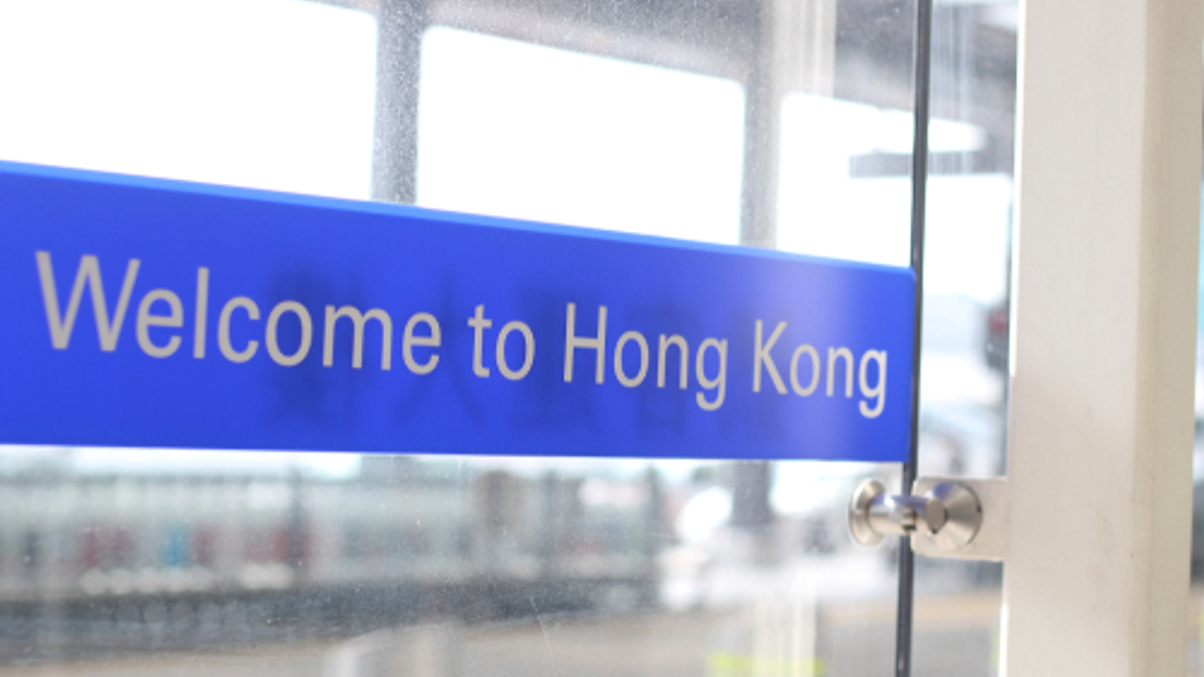How Hong Kong is trying to tax its way to PE popularity
The Hong Kong authorities are changing the tax rules in an attempt to make the city more appealing as a private equity hub. But the city's lack of experience in this area is a problem.

Hong Kong's stated desire to become a strong hub for private equity funds in Asia faces a fundamental problem: the city lacks experience, a track record and even an appealing tax structure.
Sign in to read on!
Registered users get 2 free articles in 30 days.
Subscribers have full unlimited access to AsianInvestor
Not signed up? New users get 2 free articles per month, plus a 7-day unlimited free trial.
¬ Haymarket Media Limited. All rights reserved.


